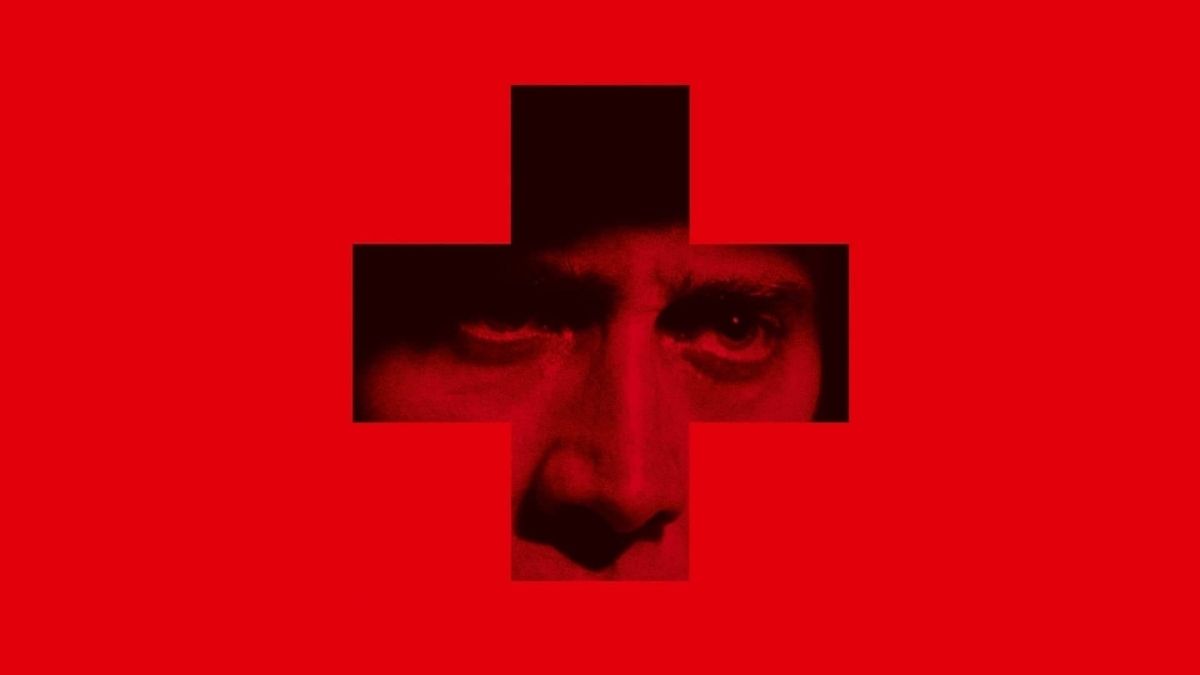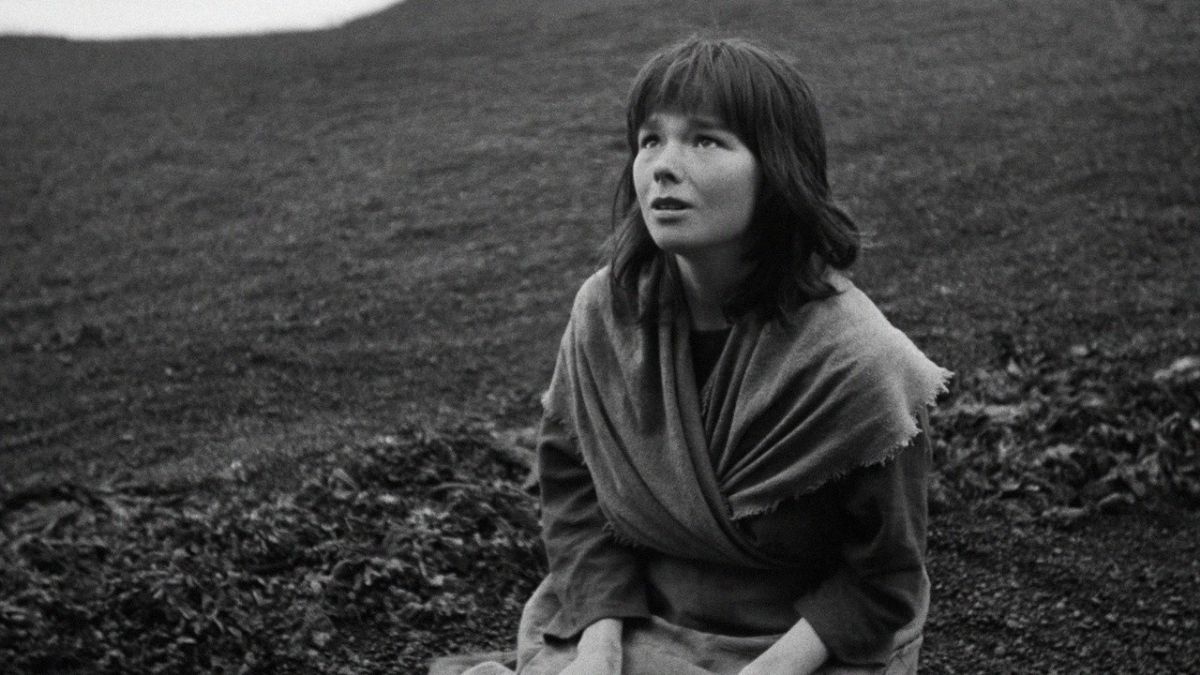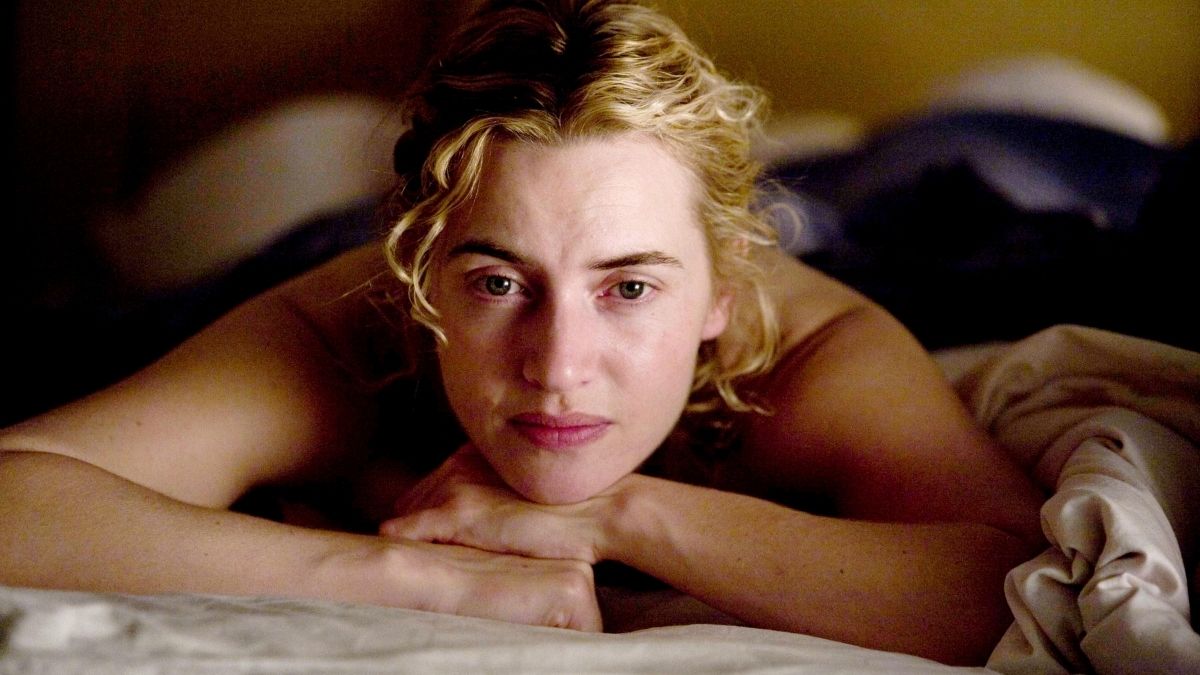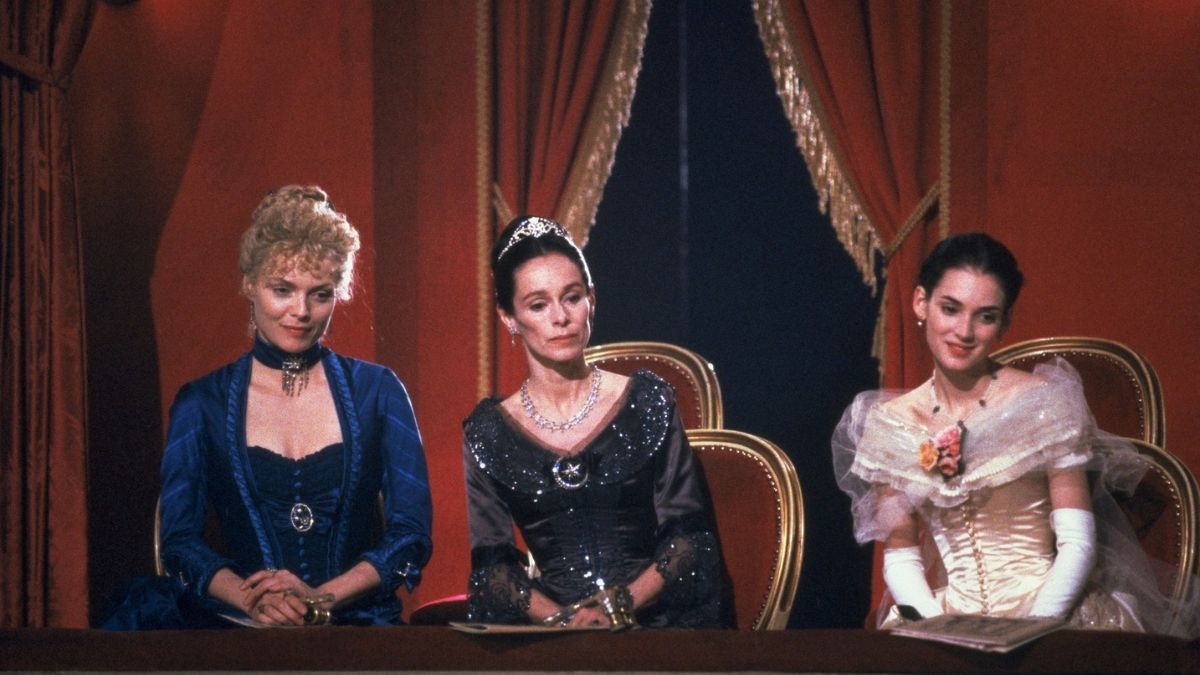
Bringing Out the Dead Monologues
Haunted by the patients he failed to save, a monumentally burned-out Manhattan ambulance paramedic fights to maintain his sanity over three increasingly turbulent nights.
Frank Pierce Monologues
Saving someone's life is like falling in love. The best drug in the world. For days, sometimes weeks afterwards, you walk the streets, making infinite whatever you see. Once, for a few weeks, I couldn't feel the earth - everything I touched became lighter. Horns played in my shoes. Flowers fell from my pockets. You wonder if you've become immortal, as if you've saved your own life as well. God has passed through you. Why deny it, that for a moment there - why deny that for a moment there, God was you?
Oh, I see. With all the poor people of this city who wanted only to live and were viciously murdered, you have the nerve to sit here, wanting to die, and not go through with it? You make me sick!
I'd always had nightmares, but now the ghosts didn't wait for me to sleep. I drank every day. Help others and you help yourself, that was my motto, but I hadn't saved anyone in months. It seemed all my patients were dying. I'd waited, sure the sickness would break, tomorrow night, the next call, the feeling would drop away. More than anything else I wanted to sleep like that, close my eyes and drift away…
The street is so much more unpredictable than the ER and to prepare for the unexpected I was taught to act without thinking, like an army private who can take apart and reassemble a gun blindfolded. I realized that my training was useful in less than ten percent of the calls and saving someone's life was rarer than that. As the years went by I grew to understand that my role was less about saving lives than about bearing witness. I was a grief mop and much of my job was to remove, if even for a short time, the grief starter or the grief product. It was enough I simply showed up.
Taking credit when things go right doesn't work the other way.
We have rules against killing people on the streets, okay. It looks bad. There's a special room in the hospital for terminating. A nice quiet room with a big bed.
You have to keep the body going until the brain and the heart recover enough to go on their own.
Rose's ghost was getting closer. It had been six months since I lost her. A homeless girl, asthmatic, 18 years old. I used to block the bad calls out. I used to forget, but she wouldn't let go. And now she'd come to bear witness for all of them, all that had been lost. These spirits were part of the job. It was impossible to pass a building that didn't hold a ghost of something. The eyes of a corpse. The screams of a loved one. All bodies leave their mark. You cannot be near the newly dead without feeling it. I could handle that. What haunted me now was more savage. Spirits born half-finished. Homicides. Suicides. Overdoses. Accusing me of being there, witnessing a humiliation, which they could never forgive.
In the last year, I'd come to believe in such things... as spirits leaving the body and not wanting to be put back. Spirits angry at the awkward places death had left them. I understood how crazy it was to think this way. But I was convinced that if I turned around, I'd see old man Burke... standing at the window, watching, waiting for us to finish.
The biggest problem with not driving is whenever there's a patient in the back, you're in the back. The doors close. You're trapped.
5 or 6 in the morning is always the worst time for me. Just before dawn. Just when you've been lulled into thinking it might be safe to close your eyes for one minute. That's when I first found Rose. She was on the sidewalk, not breathing.
I washed my face with three kinds of soap, each smelling like a different season. It felt good to be in a woman's room again, especially a woman who wasn't comatose or severely disabled. I felt that perhaps I had turned a corner, like I saved someone, though I didn't know who.



